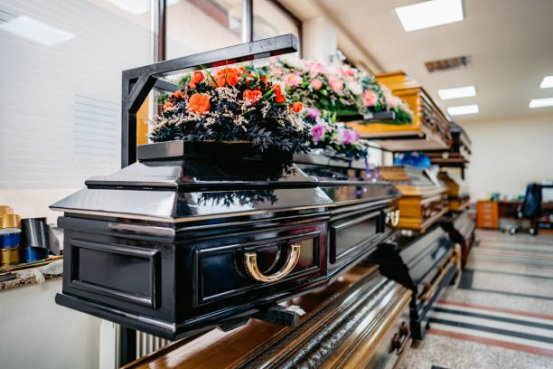Cremation continues to grow in popularity as families seek a respectful and often more affordable alternative to traditional burial. This guide outlines the key factors that shape cremation service costs and provides practical advice for comparing pricing options in your area.

Key Factors Affecting Cremation Costs
Cremation prices vary widely depending on several primary elements. The most significant factor is the type of cremation selected. Direct cremation, which excludes a viewing or funeral ceremony, is generally the most economical. In contrast, full-service cremation includes a ceremony, visitation, and sometimes casket rental, leading to higher total expenses.
Geographic location also has a notable impact. Urban areas tend to charge more due to increased operational costs, while rural providers often offer lower prices. Additionally, costs differ by provider type—traditional funeral homes usually have higher fees than cremation societies or direct providers, as they maintain larger facilities and broader service options.
Local Cremation Options and Standard Price Ranges
Cremation services typically fall into three main categories, each with distinct pricing and features:
-
Direct Cremation: The most basic and budget-friendly choice, generally costing between $800 and $2,500. This option covers transportation, cremation, and returning the remains in a standard container, without a service or viewing.
-
Memorial Cremation: A middle-tier option priced around $1,500 to $4,000, combining direct cremation with a memorial event scheduled days or weeks later, offering families greater flexibility.
-
Full-Service Cremation: The most inclusive package, typically ranging from $4,000 to $7,000 or more, includes embalming, a visitation or service prior to cremation, and often a casket rental—accounting for the higher cost.
Comparing Cremation Providers and Their Prices
When evaluating cremation services nearby, adopt a systematic approach. Start by requesting General Price Lists (GPLs)—documents that providers are legally required to supply upon request. GPLs break down individual services and costs, allowing for accurate comparisons.
Many providers also post pricing on their websites, but these listings may omit certain charges. Always confirm that service levels are equivalent when comparing quotes. Lower advertised prices may exclude essential items included in more comprehensive packages.
Calling providers directly can also help clarify pricing and services. Prepare a list of questions in advance and request an itemized written estimate to avoid confusion about total costs later.
Additional Expenses to Consider
Beyond the core cremation fee, there may be several supplementary expenses. Urns can cost anywhere from $50 for basic models to several thousand dollars for customized or premium designs. If a memorial event is planned, consider costs for the venue, catering, and floral arrangements.
You’ll also need death certificates, typically $10–$25 per copy, and may require multiple copies for legal matters. Transportation fees can apply for long-distance transfers or shipping remains. Optional elements like witnessed cremation, where family members are present during the process, can add $100–$300 to the total.
| Service Type | Typical Price Range | What’s Included | Possible Add-Ons |
| Direct Cremation | $800–$2,500 | Basic container, transportation, cremation | Urn, death certificates |
| Memorial Cremation | $1,500–$4,000 | Direct cremation + memorial service | Venue, catering, floral arrangements |
| Full-Service Cremation | $4,000–$7,000+ | Viewing, ceremony, casket rental, cremation | Premium urns, extra services |
Note: Prices reflect recent averages and may vary by location or provider.
Partnering with Local Cremation Professionals
Building a relationship with your chosen cremation provider ensures smoother coordination and peace of mind. In-person visits allow you to inspect the facility, meet staff, and evaluate professionalism firsthand.
Ask specific questions about identification procedures and operational transparency. Reputable providers will clearly explain how they maintain accountability throughout the process. Review their credentials, affiliations, and years in business to ensure reliability.
Many providers also offer pre-planning options, allowing you to lock in current rates and make arrangements ahead of time. This can reduce future costs and relieve family members from making emotional financial decisions later.
Ultimately, the cremation process should align with your family’s cultural, religious, or personal preferences. By focusing on clear communication, transparency, and respect, you can ensure the experience honors your loved one while remaining within your budget.
